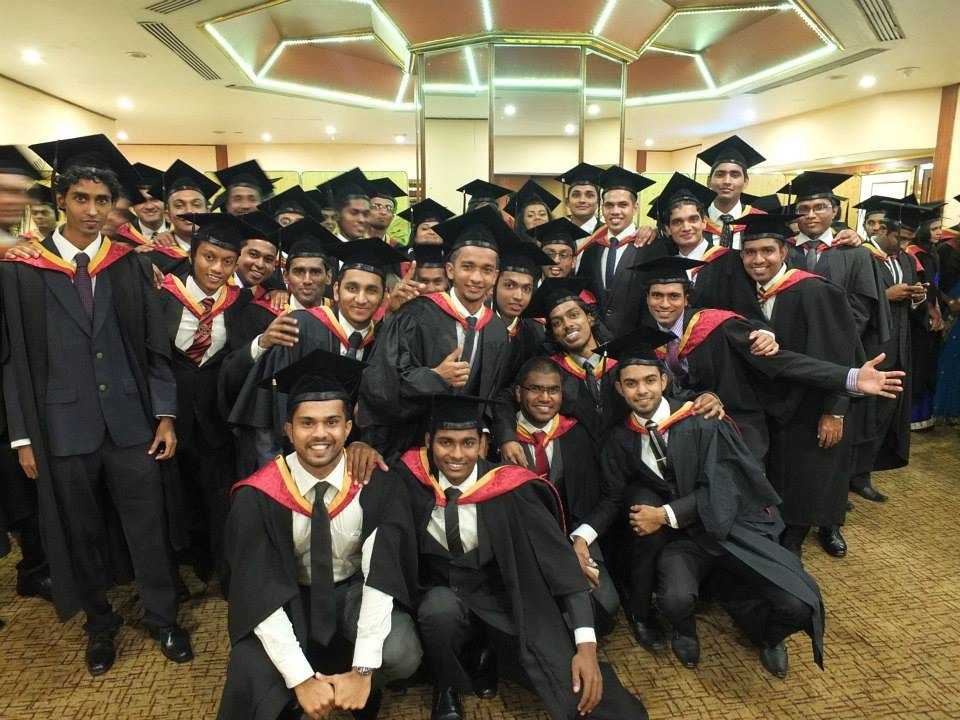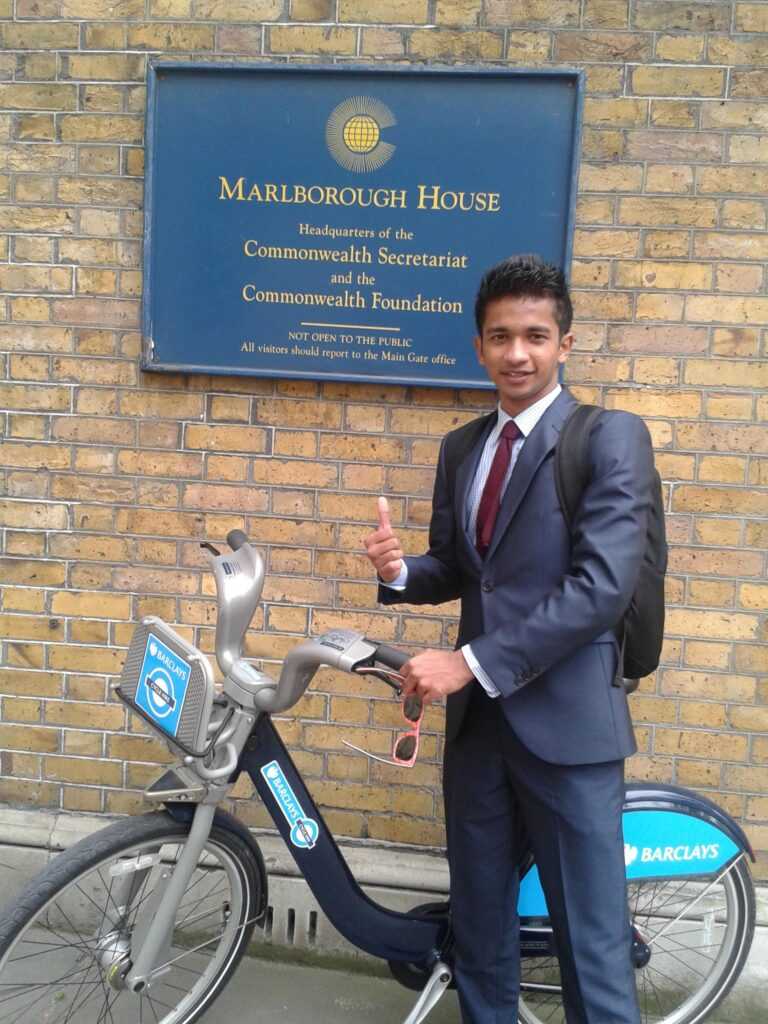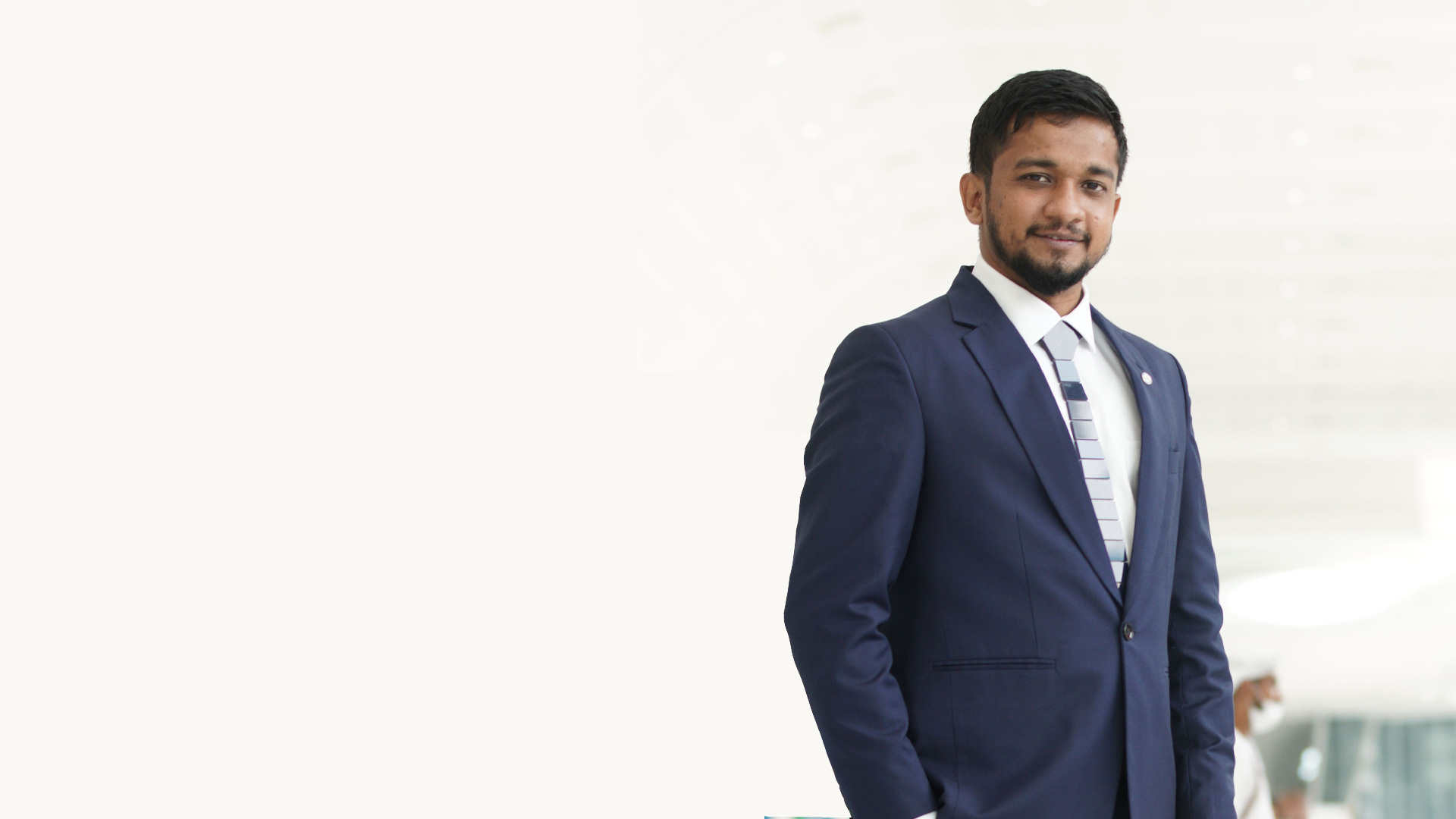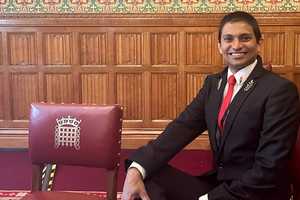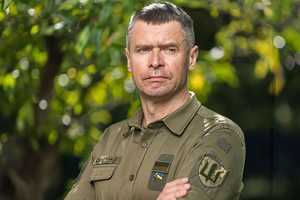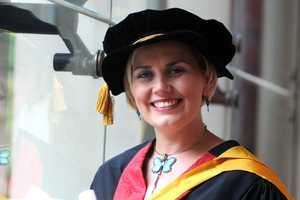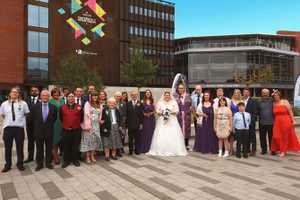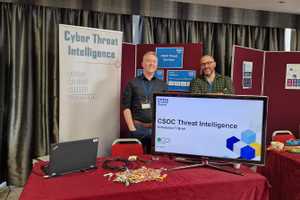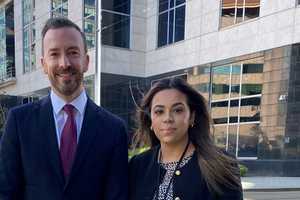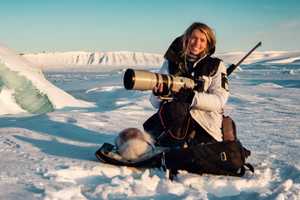Sadham says: “It was my first ever flight, so it was a crazy but really good experience. At the conference, they didn’t allow us to use phones, we were living in tents, and we were in the middle of somewhere close to the Amazon!
“For the first five days I couldn’t even speak to my parents, then finally I was able to contact them via the embassy to verify that I was alive and safe.”
Though nervous, Sadham presented and pitched his idea for an energy-saving project involving re-activating solar-powered lighthouses to the United Nations Conference on Sustainable Development (Rio+ 20) and the World Youth Congress. The conference was attended by representatives from across the world, and following a meeting with the International Youth Council’s founder at the conference, Sadham started a branch of the council in Sri Lanka.
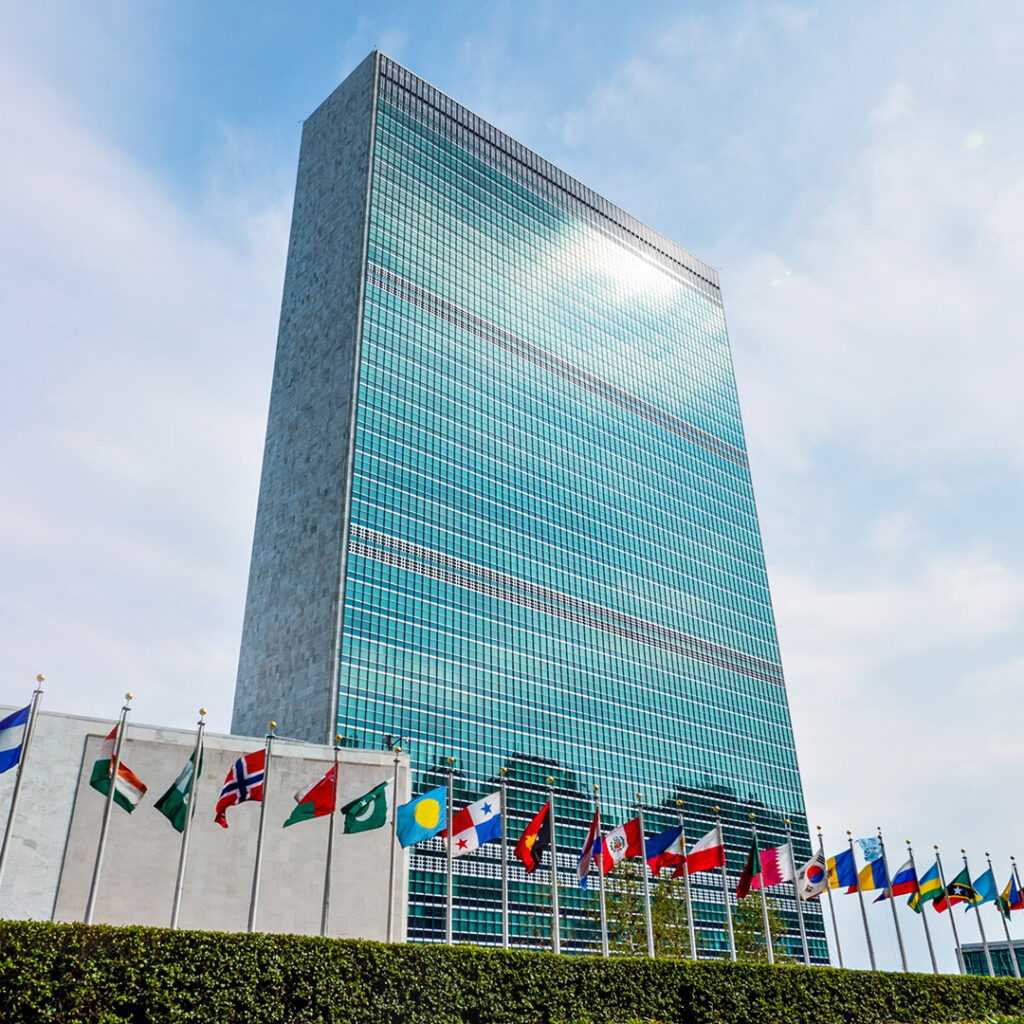
Sadham says that it was only through the support of the University of Wolverhampton, which was partnered with the Sri Lankan institution where he was studying, that he was able to attend.
He says: “At that point I was not financially well, because I was a student. But my Professor at the University of Wolverhampton supported me financially, partially paying the cost of the ticket, and as the rest of the cost was covered by my parents I was able to attend. That was a huge help from the University, and showed that they trusted me enough to invest in me.”
As a global platform for inclusive and sustainable youth development, IYC allows us to choose projects according to respective countries’ needs and priorities.

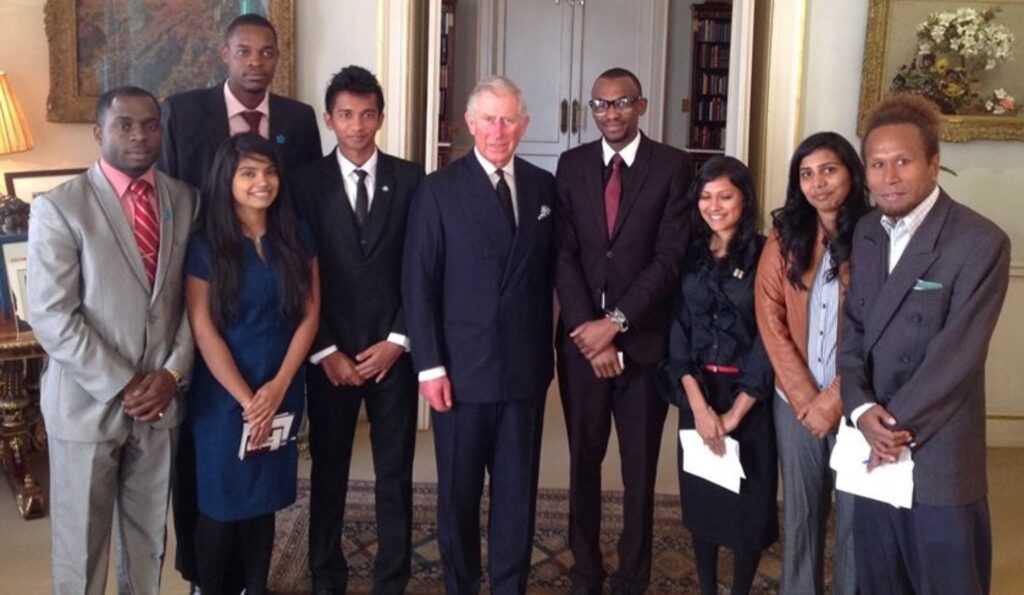
Sadham’s career and voluntary work are both wrapped up in the work that the UN does for Sri Lanka. He works full-time as a national project consultant for the United Nations International Development Organisation (UNIDO), helping Sri Lanka attain export licenses, linking with buyers and exporters and setting up the legal requirement for geographically-aligned products such as Scotch and Champagne. He also volunteers as global executive director in operations and partnerships for the International Youth Council (IYC).
He continues: “The IYC is a completely independent body that follows the same mandate as the UN but isn’t accountable to it. It’s managed and led by young people, and the beauty of the organisation is that it isn’t forced into any one agenda.
“That means, as a global platform for inclusive and sustainable youth development, IYC allows us to choose projects according to respective countries’ needs and priorities.”
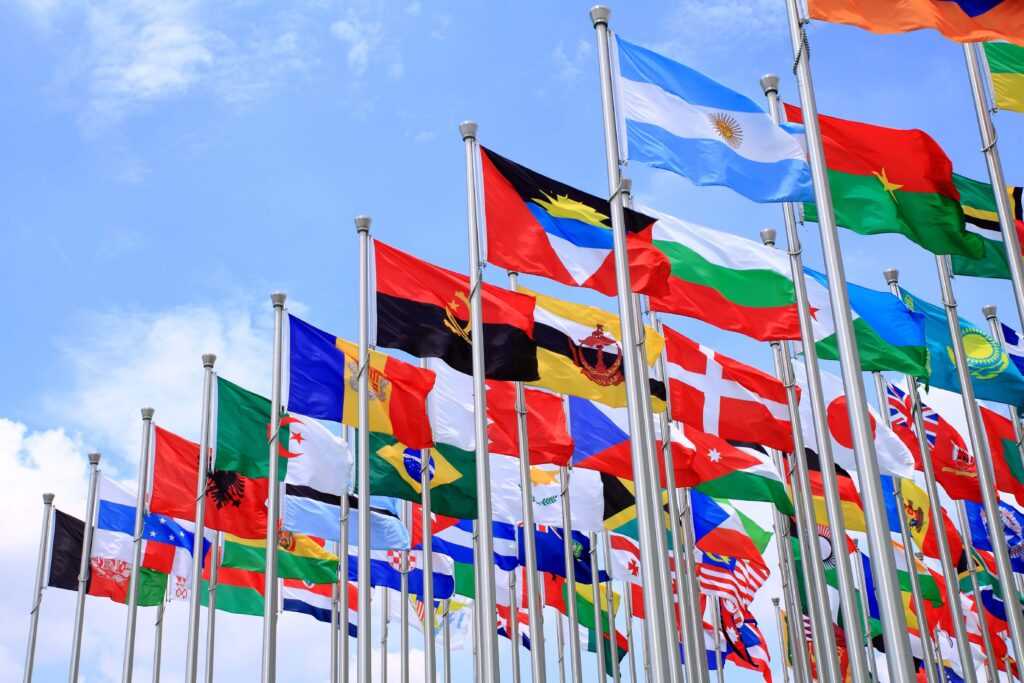
Sadham began IYC Sri Lanka’s chapter with just a few friends and people he trusts, but it now has more than 400 members. It is currently in the process of shifting its model to that of a non-governmental organisation (NGO).
The IYC’s main focus is on improving Sri Lanka’s education and overall health. One of its most impactful programmes has been the work it has done with orphanages, training both teachers and students to adapt to educating pupils who do not have parents, which comes with a unique set of associated challenges. While humanitarianism isn’t the group’s priority, in April/May 2022 the IYC was involved in providing much-needed food to needy Sri Lankan families, to help combat the damage wrought by the country’s political turmoil and economic crisis.
Sadham says that the most satisfying part of volunteering for the IYC is that he works directly with people on the ground who need support, thereby avoiding having to rely on statistics or reports.
He adds: “We can see the progress of the people we support, how our projects change their lives, and what it means to them. That’s something that touches my heart.”
When it comes to life advice, Sadham recommends to future students to make connections with people from as many different backgrounds, cultures, countries and lifestyles, saying that it’s an unmissable opportunity to learn respect and gain contacts.
"With these connections, students can support each other and do business globally – I’ve used my university connections from other parts of the world to do joint ventures in the UAE and jointly implement projects with IYC in their own communities. I wish good luck to all of the University’s current and future students."
